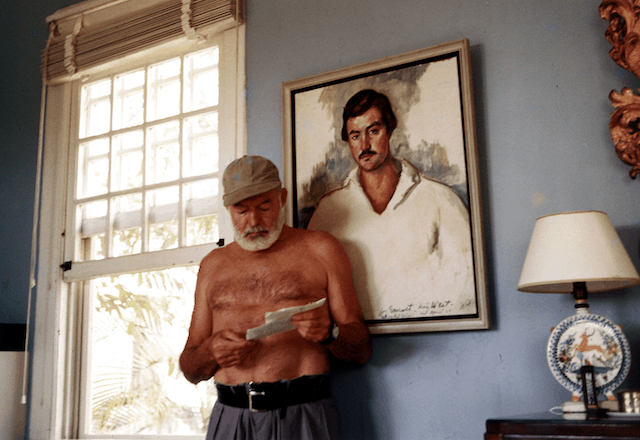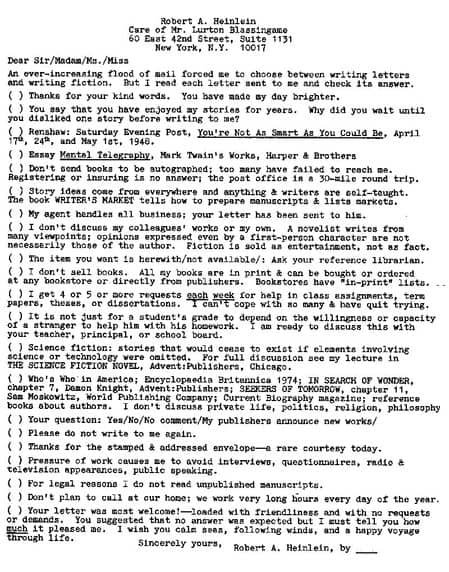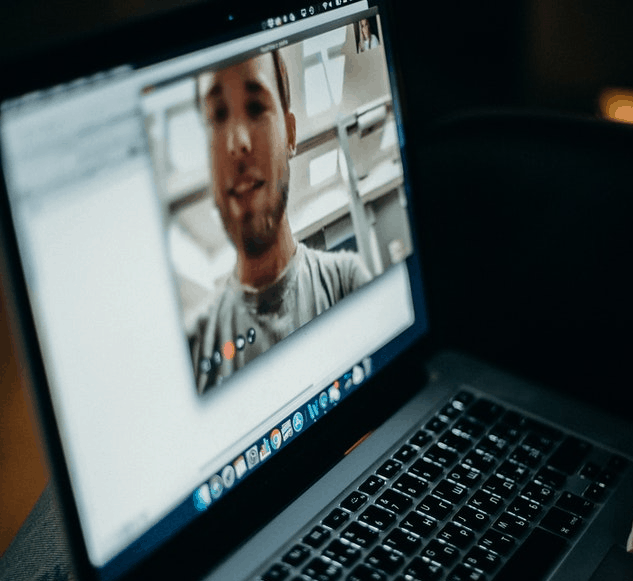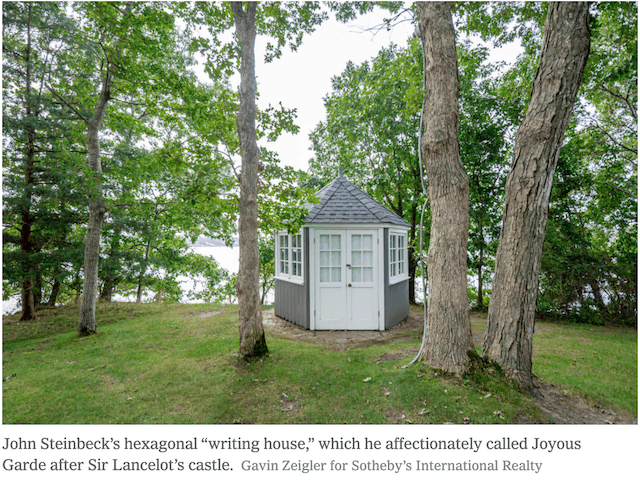Seven years ago, Alex Soojung-Kim Pang was a typical overworked, multitasking, slave to the hyperactive hive mind, Silicon Valley consultant. Feeling the symptoms of burnout intensify, he arranged a three-month sabbatical at Microsoft Research Cambridge. Here’s how he later described this period:
“I got an enormous amount of stuff done and did an awful lot of really serious thinking, which was a great luxury, but I also had what felt like an amazingly leisurely life. I didn’t feel the constant pressure to look busy or the stress that I had when I was consulting. And it made me think that maybe we had this idea about the relationship between working hours and productivity backward. And [we should] make more time in our lives for leisure in the classic Greek sense.”
The experience led him to ultimately publish a book titled, Rest: Why You Get More Done When You Work Less. I remember this book because it came out the same year as Deep Work, and the two volumes were often paired as variations on a common emerging anti-busyness theme.
In the half-decade that has since transpired, an increasing number of new books have taken aim at our accelerating slide toward overload in both our work and our personal lives. Many of these new titles, somewhat in contrast to my writing, or that of Pang, have adopted a more strident and polemical tone — not only underscoring the issues, but also pointing a defiant finger at the forces which are supposedly to blame. Clearly the overwhelmed and overscheduled manner in which we currently operate isn’t working.
Which brings me to a question that more and more has been capturing my attention: What can we do about this unfortunate state of affairs?




